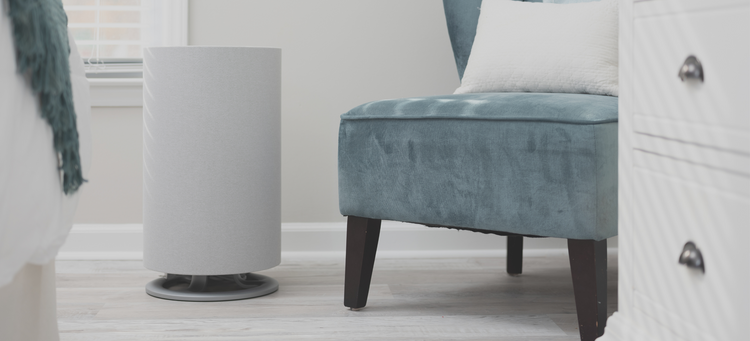Fall Allergies Are On The Rise
Fall is many folks’ favorite season, for good reason.
Fall weather cools off from sweltering summers, but it also brings on new seasonal allergies. Each season brings on new challenges for those with allergic rhinitis and even worse for those with other respiratory illnesses like asthma.
Despite the cooler weather and stunning rainbow of changing leaves, fall allergies are some of the worst all year. Plus, allergy triggers and fall allergy symptoms are getting more intense every year.
Fall Allergies are on the Rise
Seasonal allergies are a pain no matter what month, but there are numerous factors why the fall months could deliver some of the worst airborne allergens and allergy symptoms in recent memory.
Aside from the simple fact changing climates bring increased pollen levels in autumn air annually as is, above average temperatures in these later months are generating rising carbon monoxide levels. That change will increase airborne particles of ragweed – which is an airborne allergen based from ambrosia pollen spores that triggers symptoms of hay fever, a common allergic reaction found in 10% to 30% of Americans.
Additionally, unexpected wet weather should raise levels of mold spores as well, which is another extremely common allergen that will leave many allergy sufferers itching their eyes and keeping Kleenex handy.
However, if you happen to live in one of the cities listed on AAFA’s list of Fall Allergy Capitals and are showing seasonal allergy symptoms already, there are numerous way to proactively take precautions and beat the allergies before they take over completely.
How to Fight Fall Allergies
One thing you can do to combat airborne allergens that’s relatively simple is ensure your yard maintenance is kept up, keeping your lawn free of leaves that could potentially stir up pollen particles.
Additionally, make sure to keep your windows closed, preventing pollen or other fall allergens from creeping into your living space. Another way would be to keep your indoor humidity levels below 50%, which will prevent your air from absorbing pollen spores.
Finally, if the simple remedies above aren’t enough to combat your allergies and symptoms are overwhelming your daily routine, consider investing in an air purifier for allergies. While choosing amongst so many models on the market can be difficult, Oransi’s varied line of state of the art air purifiers for every allergy deliver the proper aid for multiple levels of allergy sufferers.
Air Purifiers for Allergies
If your allergy symptoms are extreme and conditions have become unbearable, investing in a high-performance commercial air purifier like our mod model might be needed. The industry standard in air purifiers for allergies, these units omit 99.4% of every airborne particle that will be attacking your immune system throughout the fall.
Whatever route you choose, just know that while fall allergies might be more intense than ever, fighting the symptoms is within reach.
Just make sure to do your research and implement as many of the previously mentioned remedies as possible.







